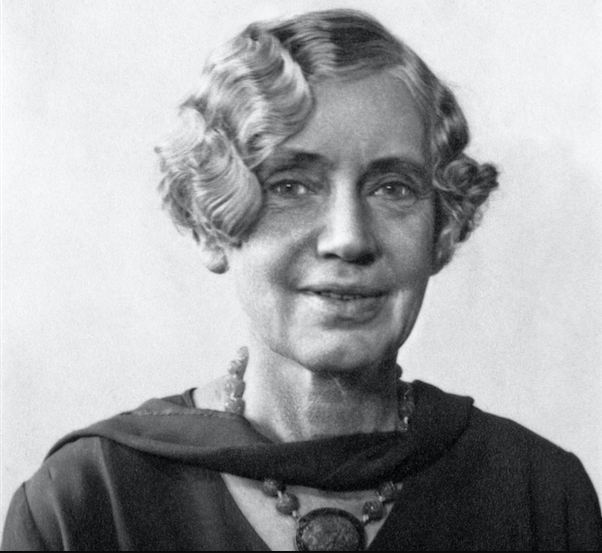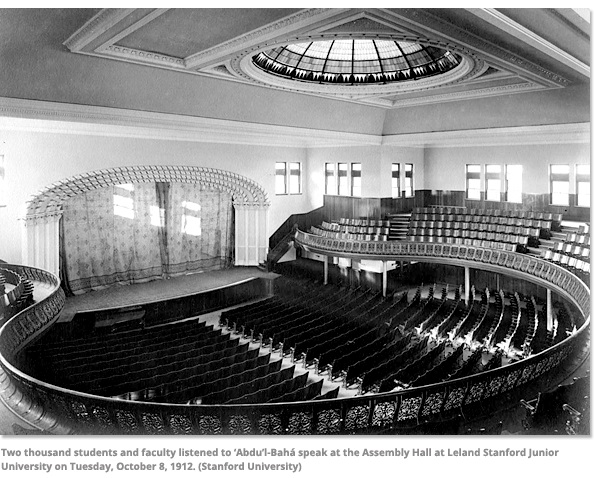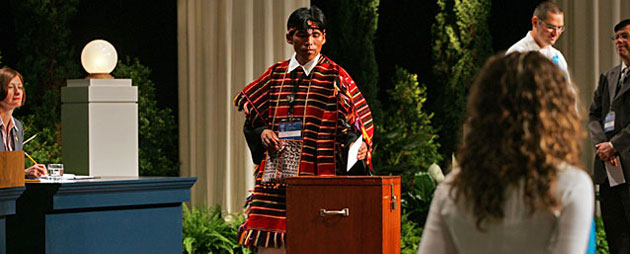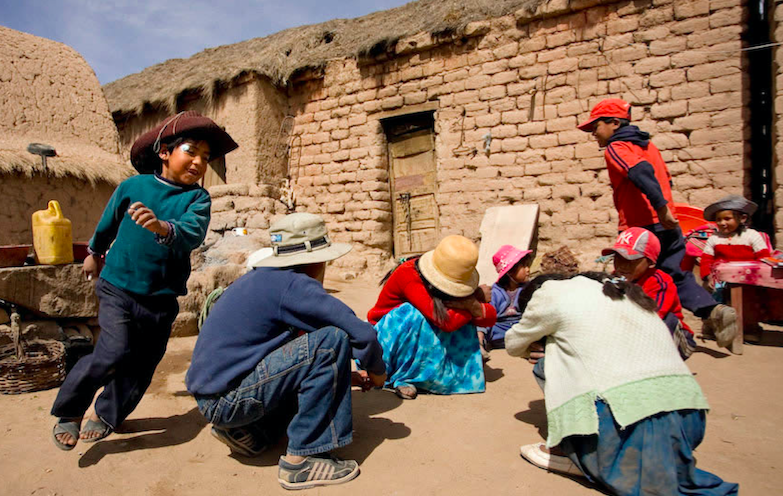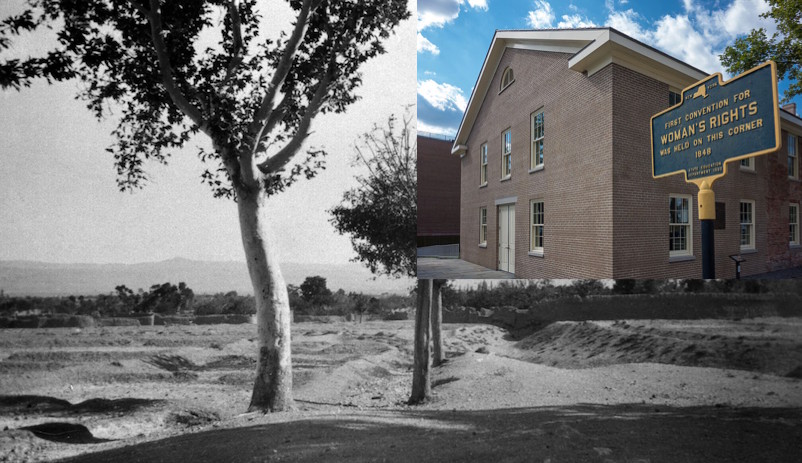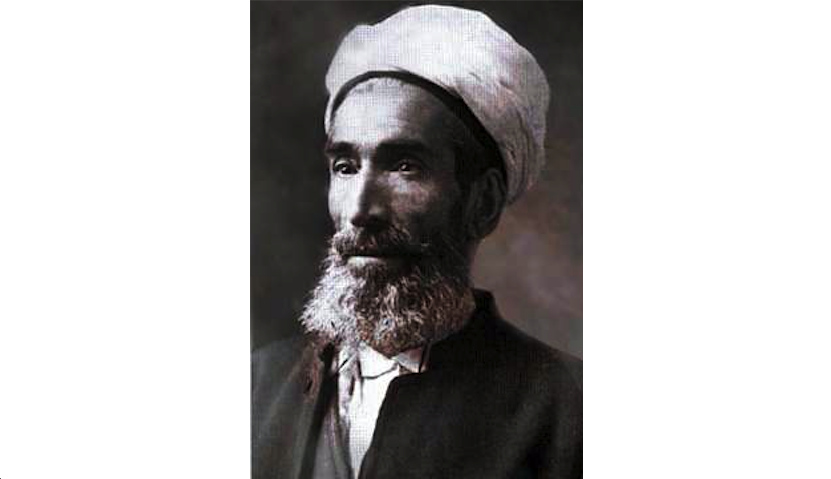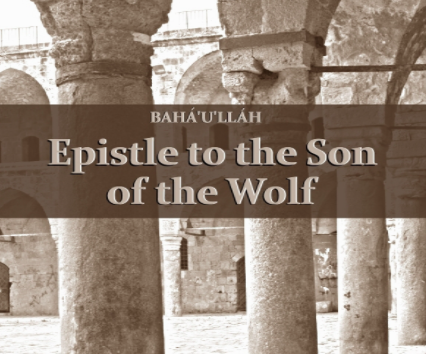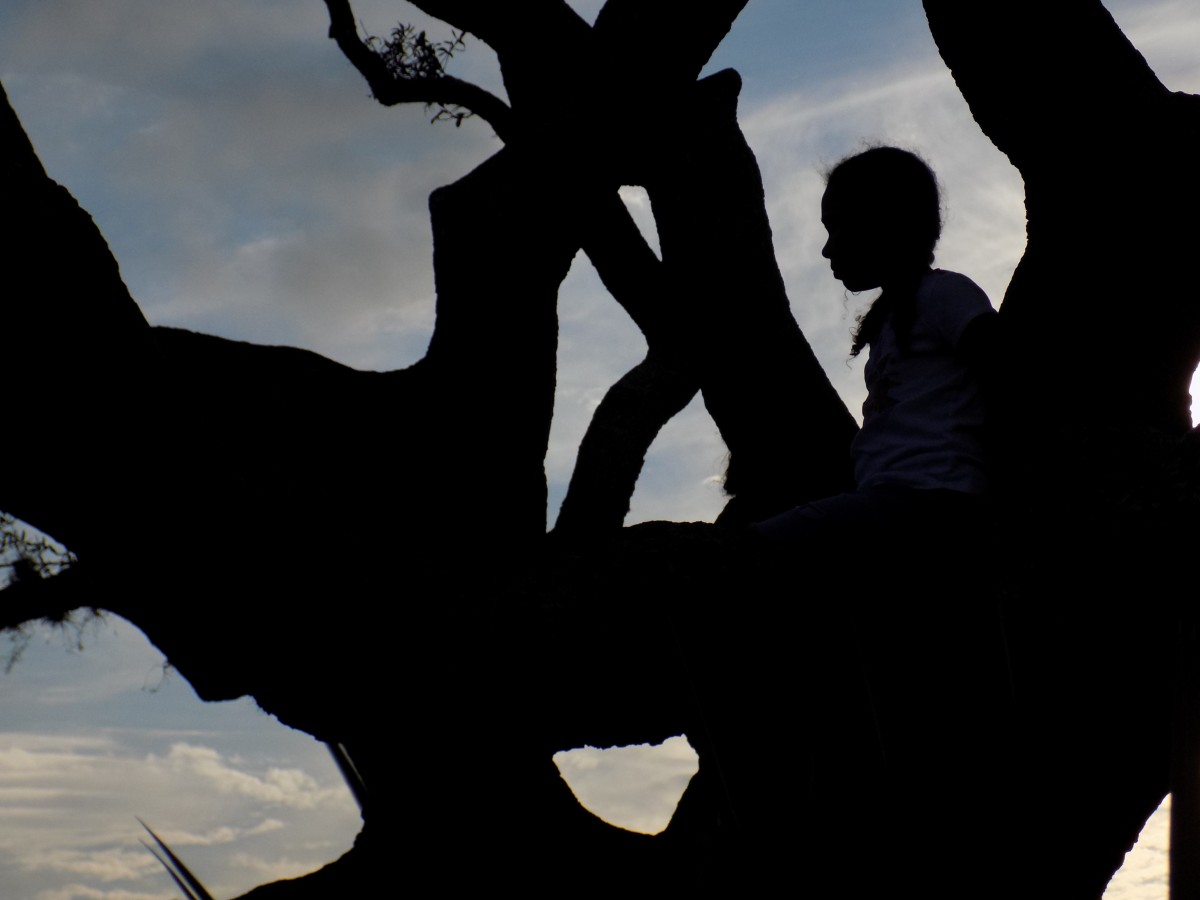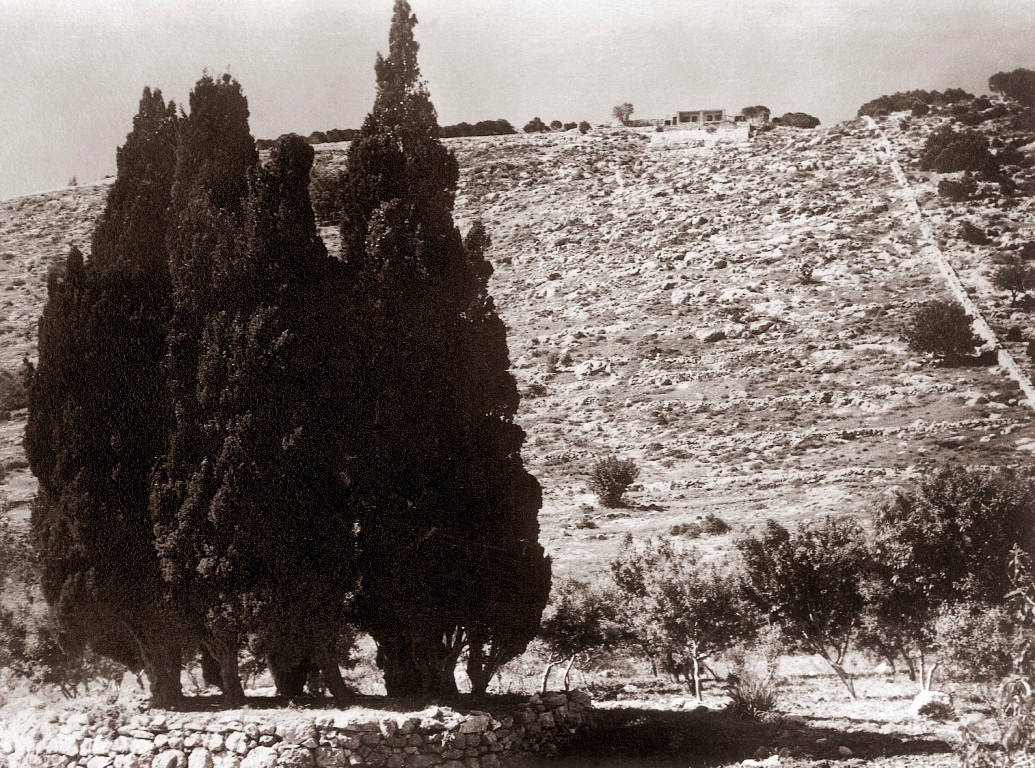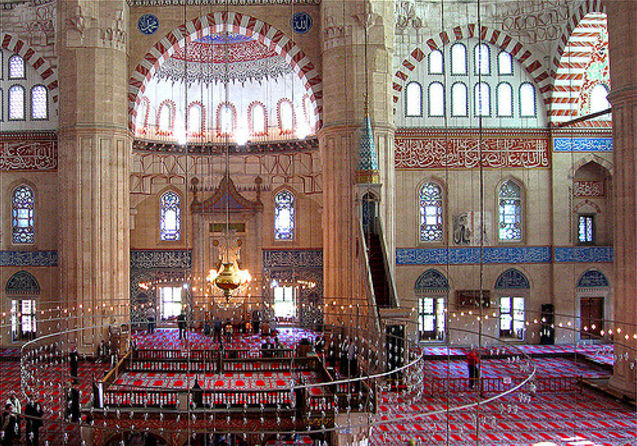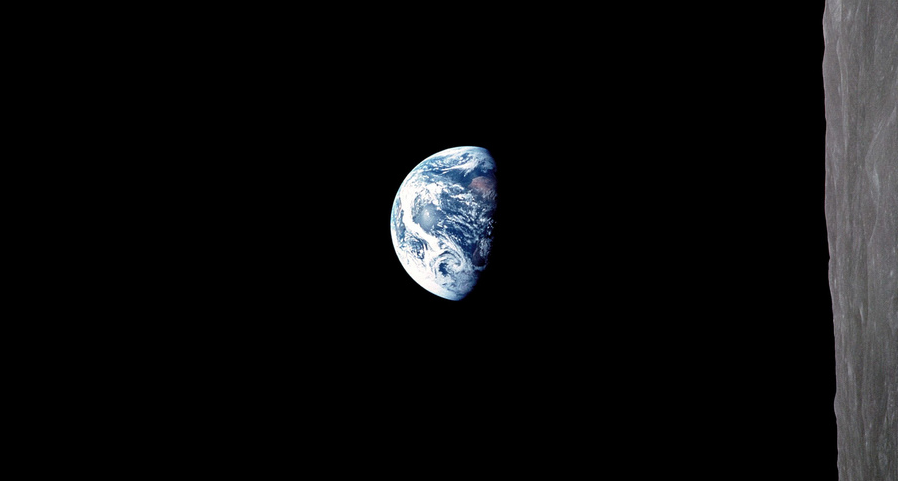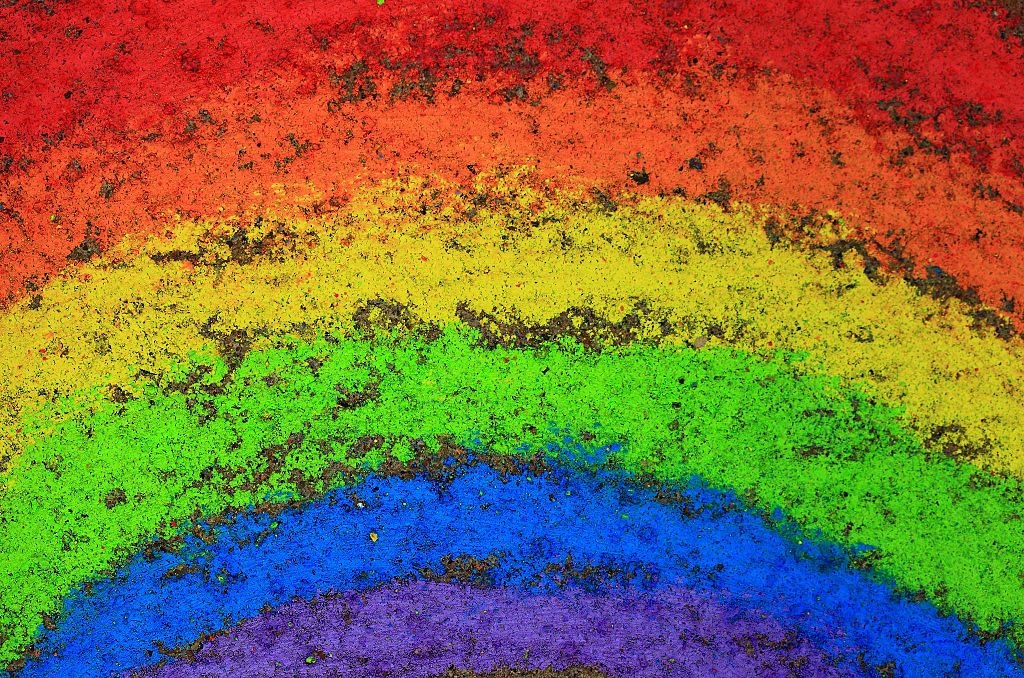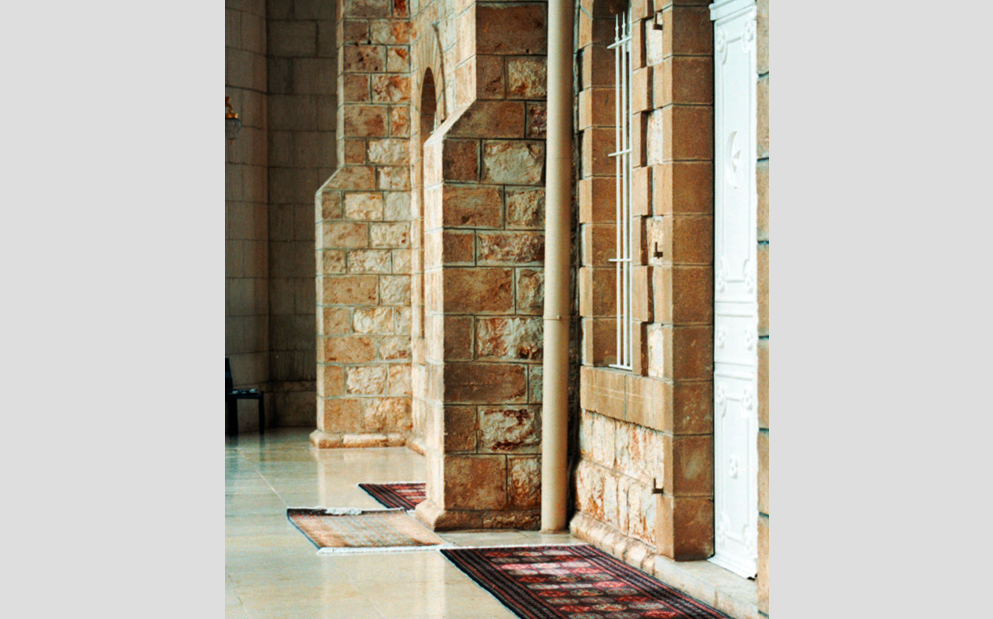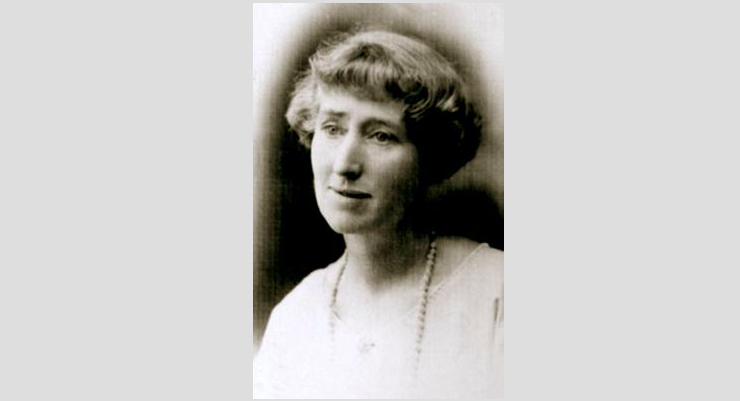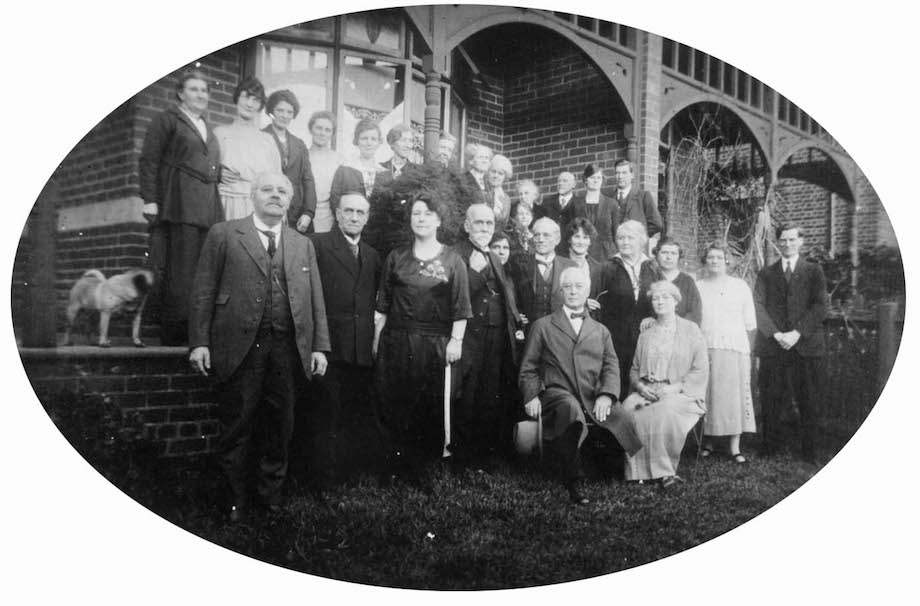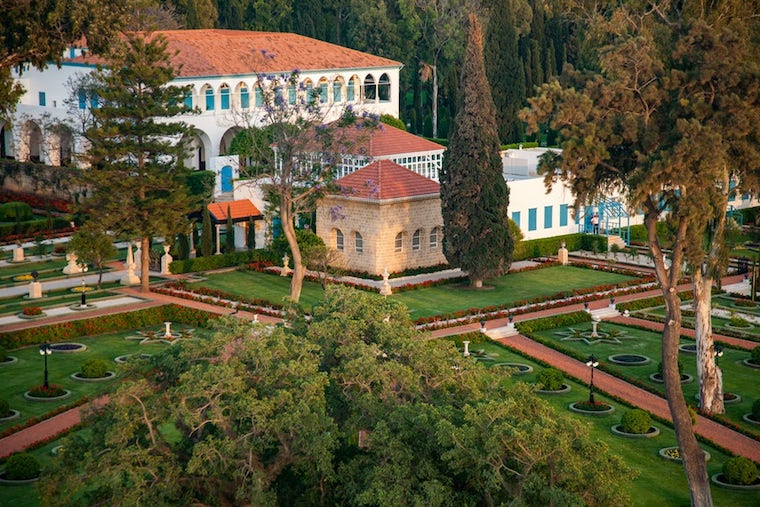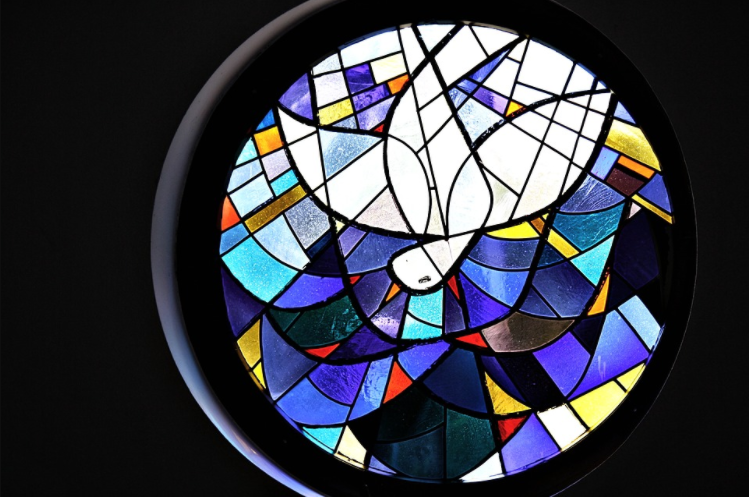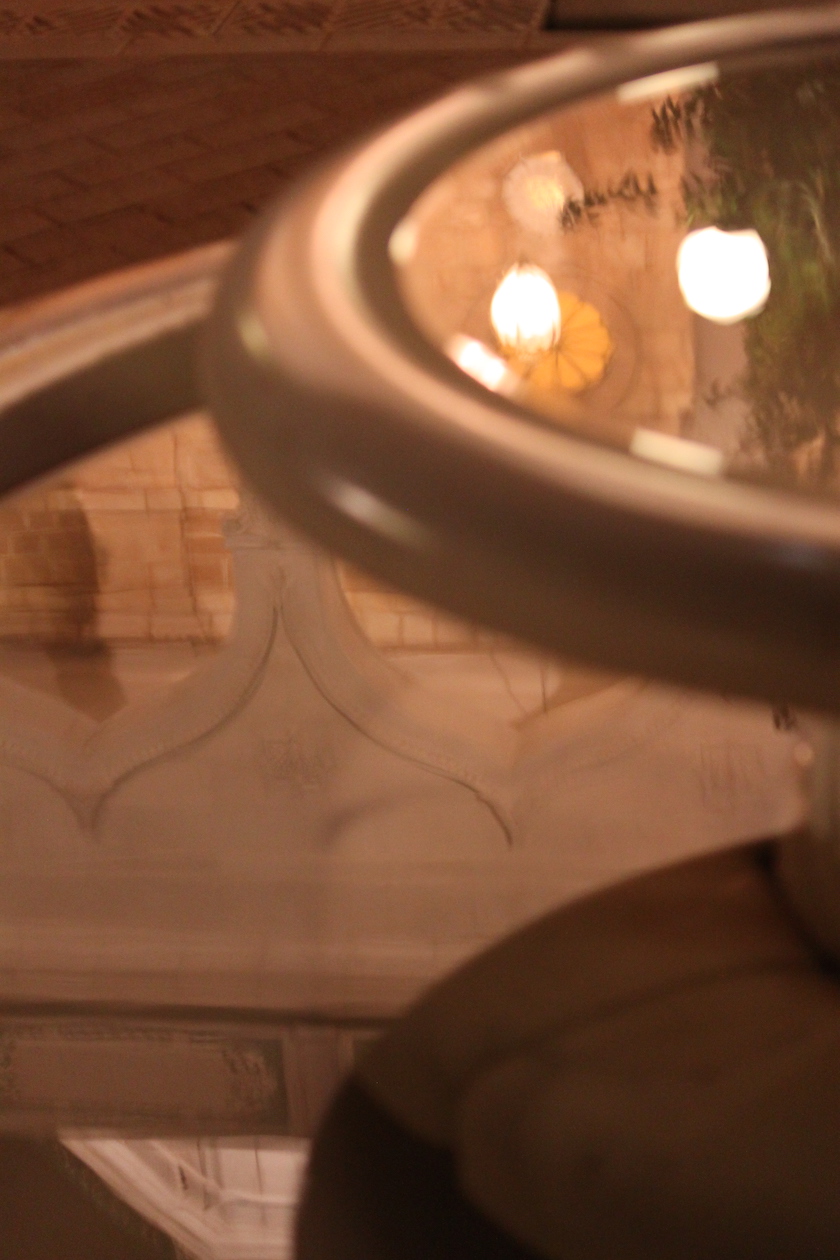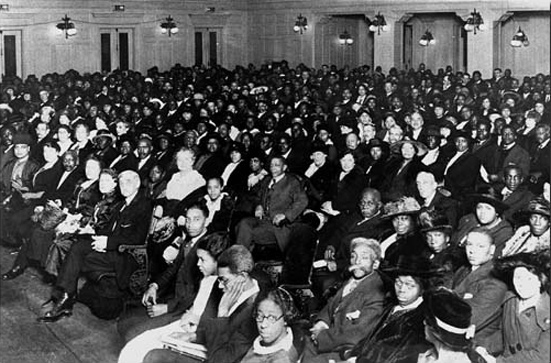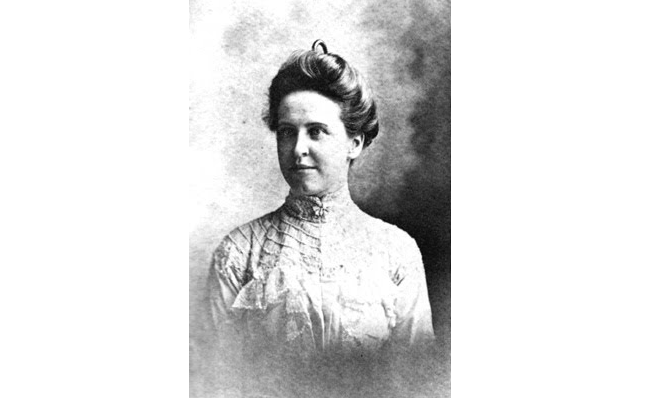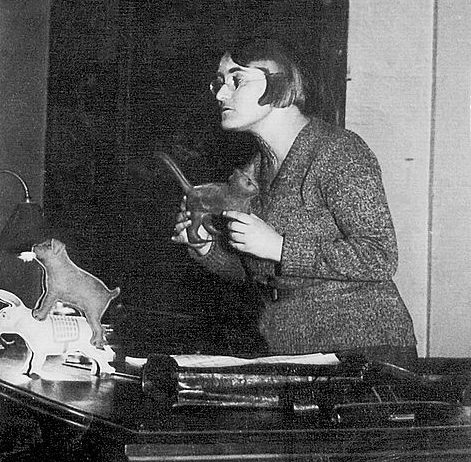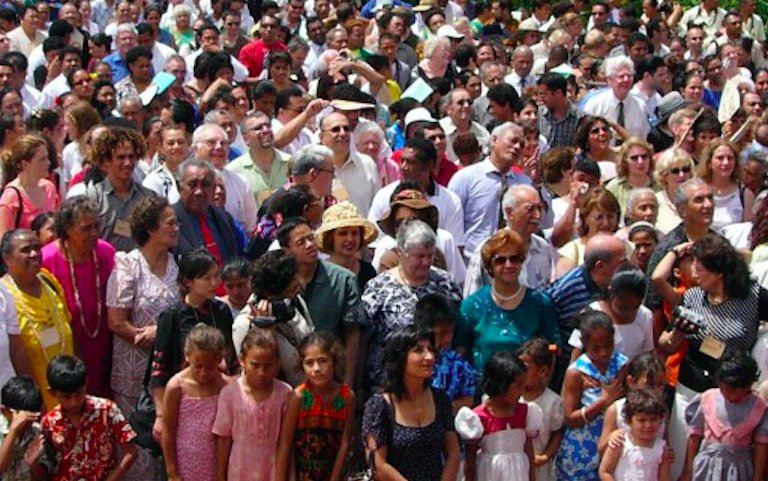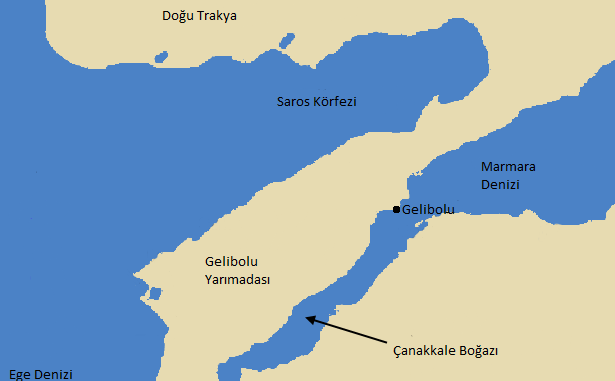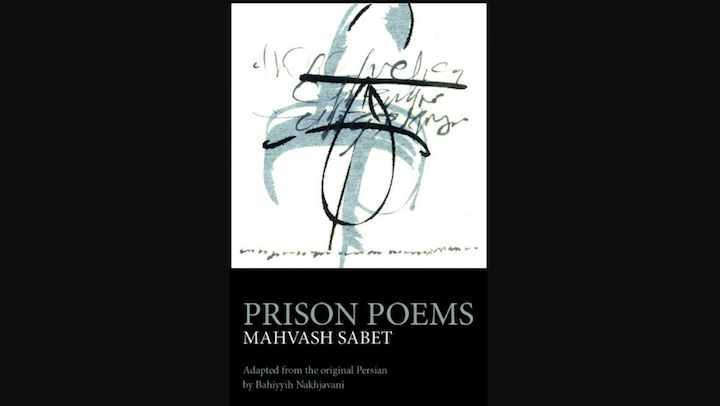Oneness of Humanity
-
Baha’u’llah’s Will and Testament – the Kitab-i-Ahd
Bahá’u’lláh did something unique in the recorded history of the founders of world religions. He left a will and testament. His will and testament is from any viewpoint, a most remarkable document. It is a central constitutional document of the Baha’i Faith – yet at the same time it is a meditation on the human condition. Bahá’u’lláh calls its recipients to consciousness of the limitless human potential to which human beings can rise. Yet the text also warns of the dangers of human folly and institutes mechanisms to protect against them. Known as the Book of the Covenant (Kitab-i-Ahd), the will and testament, written in Baha’u’llah’s own hand, was unsealed and read before nine witnesses nine days…
-
Higher Learning – Science and Peace
During his journey through North America Abdu’l Baha visited a number of universities. He spoke at Columbia University in New York, Howard University in Washington DC and Stanford University in Palo Alto. Much of my life is associated with universities. So these talks have special meaning at a personal level. Particularly at Columbia and Stanford, Abdu’l Baha’s spoke about science and peace – another implication of harmony of science and religion. At Howard University – at the time a university established to provide educational opportunities for African American students – Abdu’l Baha spoke of oneness of humanity and the importance of love between black and white Americans. At Colombia University, Abdu’l Baha…
-
Words of Love
I loved thy creation, hence I created thee. Wherefore, do thou love Me, that I may name thy name and fill thy soul with the spirit of life.[1] Armed with the power of Thy name nothing can ever hurt me, and with Thy love in my heart all the world’s afflictions can in no wise alarm me.[2] Commit not that which defileth the limpid stream of love or destroyeth the sweet fragrance of friendship. By the righteousness of the Lord! Ye were created to show love one to another and not perversity and rancor. Take pride not in love for yourselves but in love for your fellow-creatures.[3] Set ye aside My love, and commit what…
-
Oneness of Humanity: A Sense of Community and a Glass of Water — the Baha’i Feast
In Bahá’u’lláh’s teachings, the oneness of humanity is nurtured through an interconnected network of concepts that address human unity at many levels. Among those concepts is the simple action of gathering together. The concept is found in the call of followers of different religions to associate together in friendship. It is also found in the Baha’i Feast. … it is enjoined upon you to offer a feast, once in every month, though only water be served; for God hath purposed to bind hearts together, albeit through both earthly and heavenly means.[1] This concept has been elaborated over time to form the Baha’i institution known as the Nineteen Day Feast, held…
-
Oneness of Humanity — Reconstruction and Demilitarisation of the Entire World
When you say you believe in the oneness of humanity, sometimes people think you are making a “motherhood and apple pie” statement. “Let’s all love each other”. It’s true that in one sense that’s exactly what it means. But it also implies far more. Shoghi Effendi, Bahá’u’lláh’s great-grandson, in the 1930’s and in the lead up to World War II, provided an analysis of the implications of this principle. Let there be no mistake. The principle of the Oneness of Mankind — the pivot round which all the teachings of Bahá’u’lláh revolve — is no mere outburst of ignorant emotionalism or an expression of vague and pious hope…. It calls…
-
‘Abdu’l-Bahá and the Pivot of the Oneness of Humankind
In this series of articles, ‘Abdu’l-Bahá, Bahá’u’lláh’s eldest son, is already a familiar point of reference. We have seen ‘Abdu’l-Bahá in action in his journeys to the West, undertaken in the last decade of his life. During these journeys he promoted principles from his father’s teachings such as the oneness of humanity, the abolition of prejudice, the equality of men and women and the abolition of extremes of wealth and poverty. A description of ‘Abdu’l-Bahá during those journeys gives a sense of who he was: Tirelessly, He expounded the teachings in every social space: in homes and mission halls, churches and synagogues, parks and public squares, railway carriages and ocean liners,…
-
We Are One – Bahá’u’lláh’s Teachings Against Violence
Human beings are not inherently violent. But that we have a problem with violence is undeniable. How many times have prophets, poets, philosophers and philanthropists of all kinds called us to love and peace? Yet how many times have human beings found (indeed continue to find) excuses for violence? In this article five aspects of Bahá’u’lláh’s teachings against violence are discussed: individual violence, religious violence, political violence, domestic violence and interstate violence. An aspect of the oneness of humanity – that human beings ought be like “one soul and one body” is that violence between human beings ought become a thing of the past. Bahá’u’lláh wrote: … it is Our purpose, through…
-
We are One – Overcoming Racism: Part 2
As introduced in yesterday’s article, racism is entirely incompatible with Bahá’u’lláh’s teachings. Close your eyes to racial differences, and welcome all with the light of oneness.[1] As Westerners began to join the Baha’i Faith early in the 1900s, it was clear that racism would need to be addressed, and ‘Abdu’l-Bahá, Bahá’u’lláh’s eldest son, set out to do so. Indeed ‘Abdu’l-Bahá began this work from the earliest visits of Western pilgrims who came to see him in the early 1900s to learn about Bahá’u’lláh’s teachings. In 1911 he invited Louis Gregory, an African American lawyer, to visit him. The pilgrimage not only had a profoundly transformative spiritual impact on Gregory but provided opportunities for ‘Abdu’l-Bahá to stress…
-
We are One – Overcoming Racism: Part 1
While Bahá’u’lláh, a persecuted prisoner of the Ottoman Sultan, was promulgating his universal teachings of the oneness of humanity, wholly different and toxic doctrines were taking hold in Western thought. Racism was emerging as scientific and intellectual orthodoxy and was to reach its horrific nadir in the holocaust of World War II. Europeans held dominance over their fellow human beings as colonial powers – a dominance often misused. A strict racial segregation and hierarchy was the reality of race relations in America. The flowering of European material culture seduced many in the West with the false idea of inherent “white” superiority. Racism is entirely at odds with Bahá’u’lláh’s teachings and the intent and meaning…


